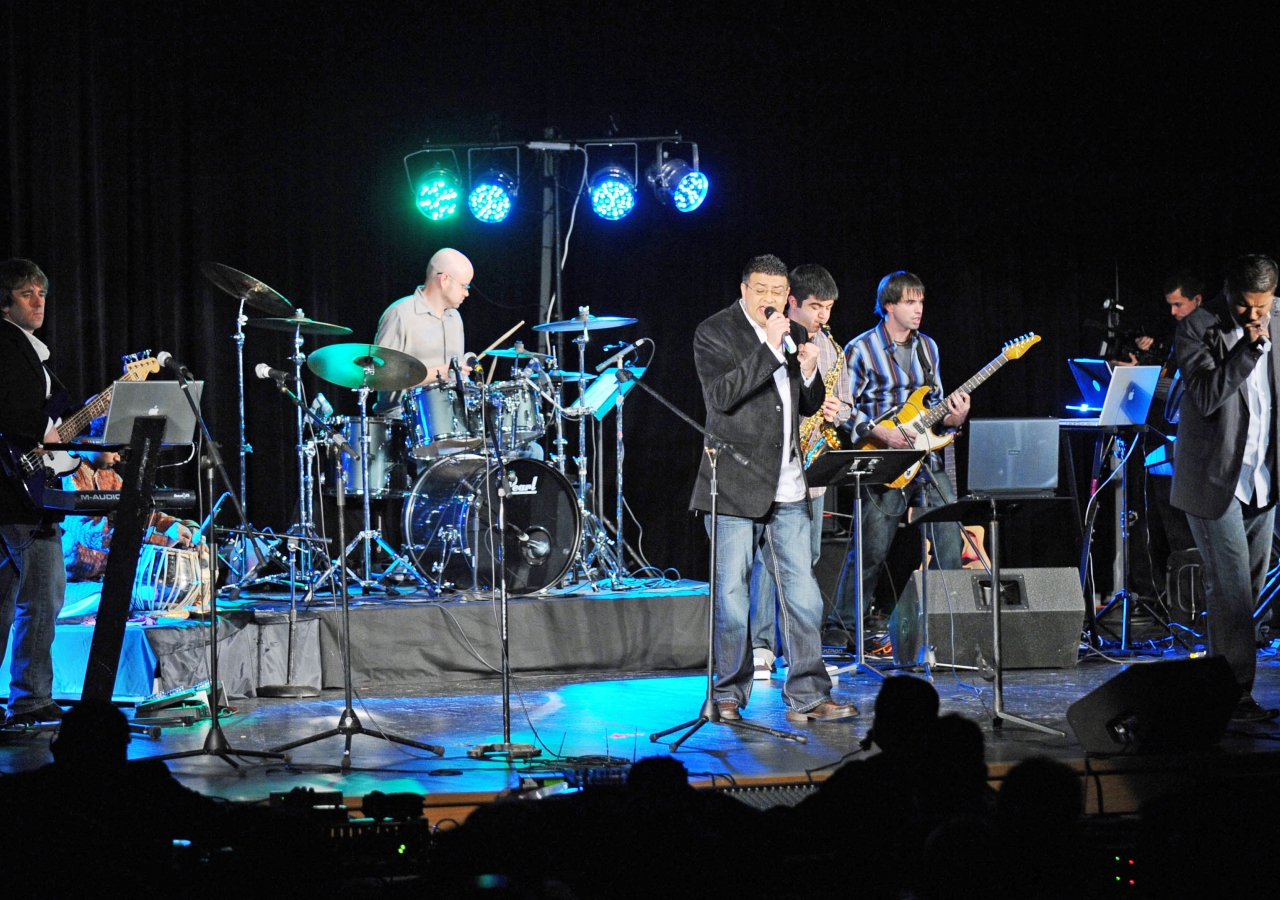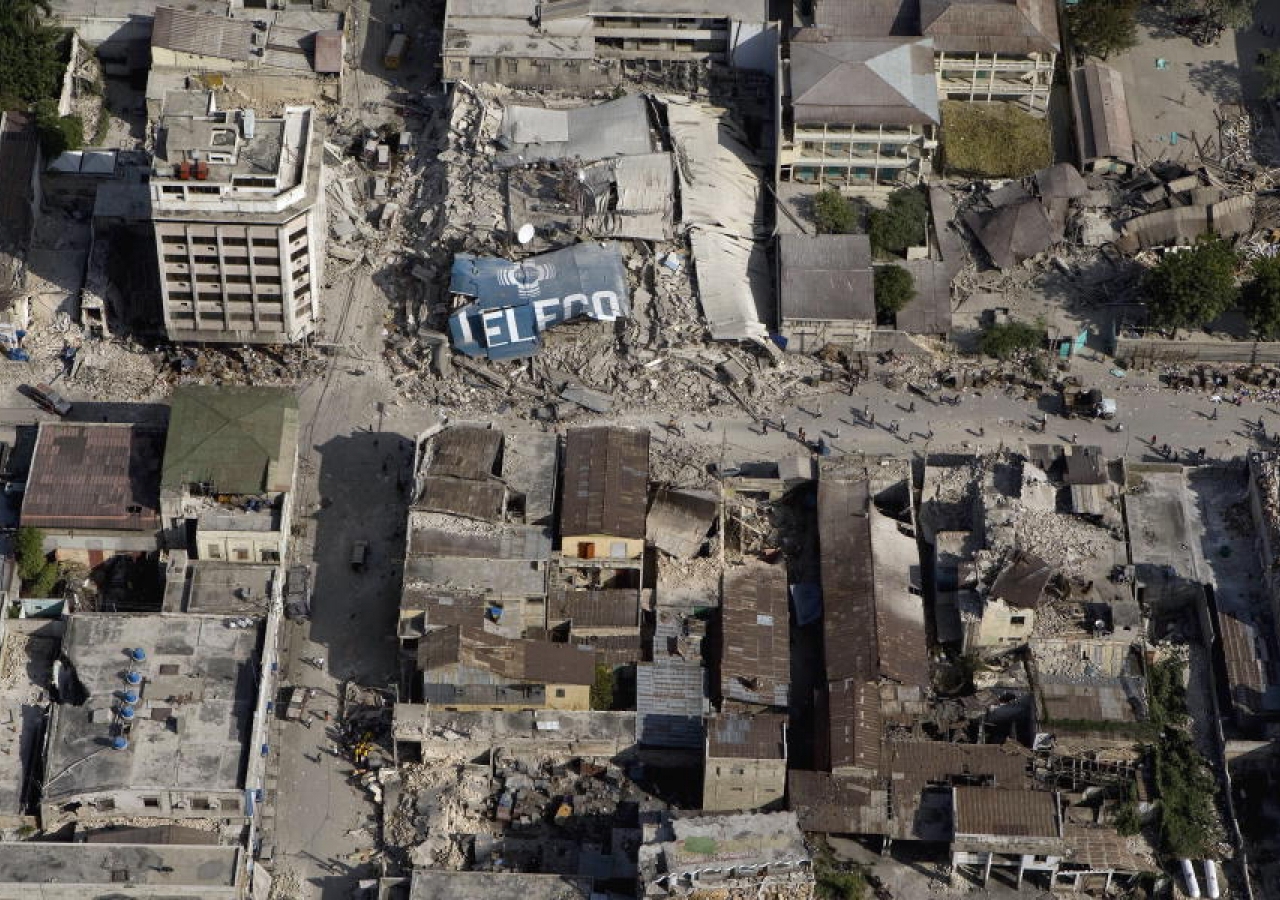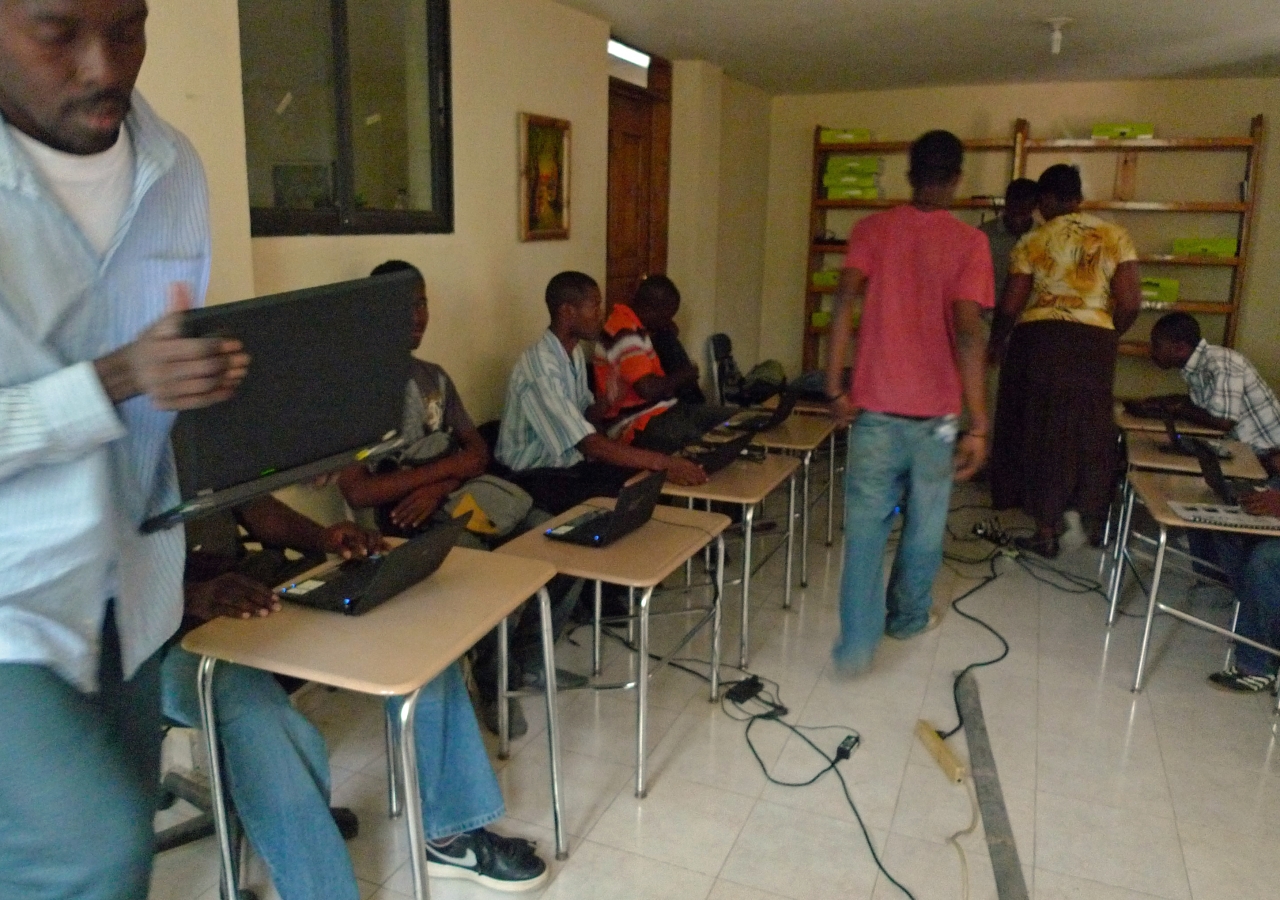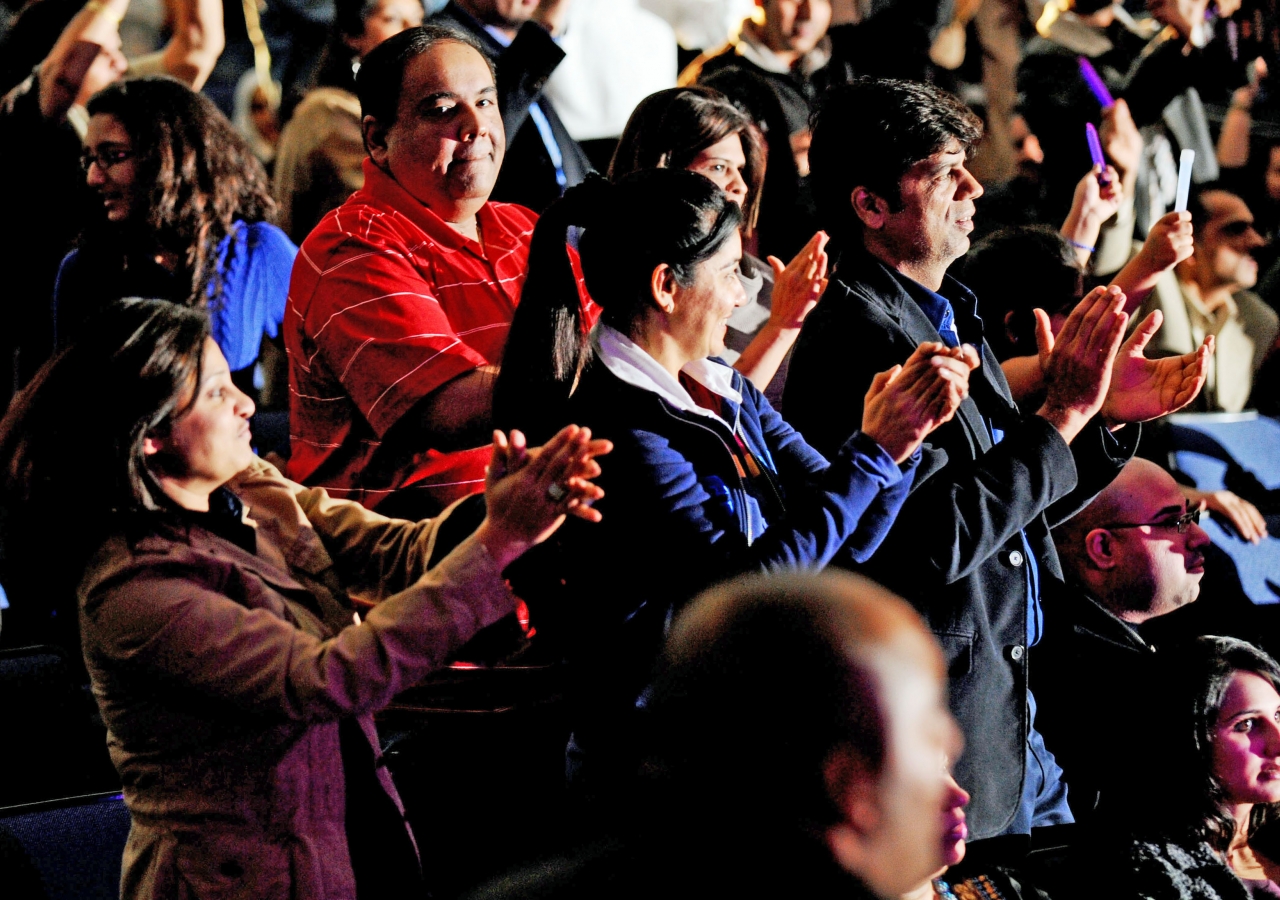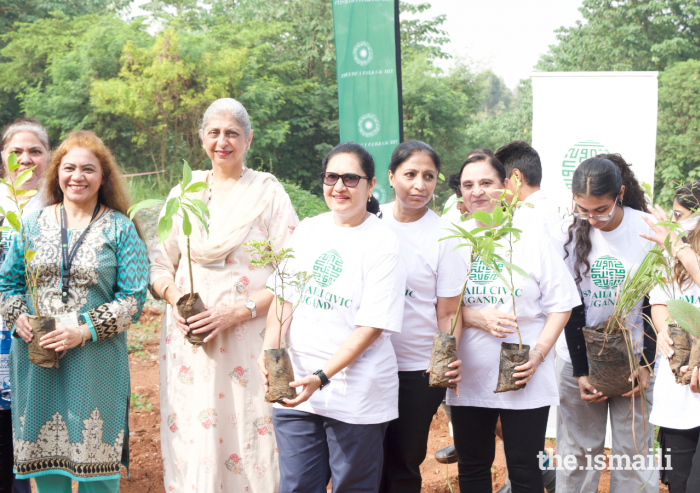On 12 January 2010, an earthquake of magnitude 7.0 shattered the Republic of Haiti, leaving over 200 000 people dead and 1.5 million homeless. The world, horrified by the disaster, responded with urgency to help the victims of the tragedy. With important government buildings destroyed and many civic employees dead or injured, Haitians had to rely on the generosity and humanitarian efforts of other countries, NGOs and individual donors to provide sustenance and hope.
Many Ismaili Muslims were among those who responded to the disaster, using their resources and skills to find creative ways to provide timely assistance to Haitians.
Rebuilding Haiti
Given the complete collapse of infrastructure following the quake, receiving goods from abroad and storing and distributing them in Haiti has proven to be difficult. UN Secretary-General Ban Ki-Moon and former US President Bill Clinton released a statement urging the global community to send cash that would help in purchasing items of necessity on the ground.
News of the quake coincided with plans for a concert by Planetunity Records featuring self-identified Muslim artists. The concert was promptly named Rebuild Haiti, and Fez Meghani, a musician and performer from Texas, pledged to donate all the proceeds to two international aid organisations – American Red Cross and Islamic Relief USA – who were on the ground in Haiti, helping the victims.
Meghani and Planetunity Records then got in touch with musician, Aftab Ali, and comedian, Muhammed Amer, to join in the effort. On 27 February, 400 excited fans from the North Texas region gathered at Coppell West Middle School for a night of music and inspiration and raised $5 000 for Haiti.
“We all are people of the same divine entity before we are nations and tribes,” said Meghani in an interview before the performance. “It is our duty as human beings, as Muslims and as Americans, to do what we can to get the people of Haiti back on their feet.”
Giving Hope
“We were planning to do a project in Haiti before the earthquake hit,” said Anar Simpson, who after moving to Silicon Valley, found her niche volunteering for Samasource, a non-profit organisation outsources web-based jobs to those living in poverty in developing countries.
“When the earthquake hit – and luckily no one from our team was hurt – we decided that now, more than ever, Haitians needed jobs,” says Simpson. The lack of Internet connectivity prompted Samasource to collaborate with eight other companies in devising a central texting system that allowed Haitians to text for help or locate their loved ones.
Part of that project was to procure laptop computers for the project centre. Realising how isolated the Haitians had become from the rest of the world, Simpson undertook the effort one weekend to locate laptops to ship overseas. “It's not easy buying twenty laptops on a Friday evening, but we were going to do it,” she recalls.
To ship the laptops to Haiti, Simpson collaborated with workers from Inveneo––a software company that addresses and overcomes challenges found in rural environments through technology –– whose staff was among the few people able to fly into the region. “I think technology will allow this region to leapfrog the normal development cycle,” said Simpson whose education and experience centres around computers and technology.
Helping from home
Other Ismailis have also found ways to either join in or start their own efforts in helping Haitians. Heena Virani, a graduate student at Fordham University and a Manhattan resident conducted three drives – at her school, office and place of residence – and managed to raise over $8 500 and canned food through weekly reminders via email, Facebook, and by simply using collection boxes at various places.
“For me, supporting Haiti wasn't a decision, but rather a responsibility,” says Virani. “I was touched by communities coming together to help citizens of our world.”
Similarly, when Chicago physician Tohfa Ruda heard that a 15-member team of doctors was headed to a small town on the border between the Dominican Republic and Haiti to provide Haitians medical care, she jumped in to help. In a great show of support, she and her husband Anis collected money and medical items such as gauze, antibacterial ointments and syringes to help the victims.
A slow but sure recovery
The devastation caused by the earthquake in Haiti was widespread, and the rebuilding process will be a slow one. Although the task of reassembling the country's infrastructure and economy will be led by the Haitian government and people, concerned citizens around the world can, even through modest contributions, be catalysts for change and hope.

